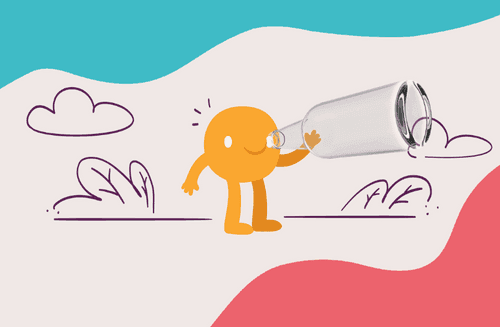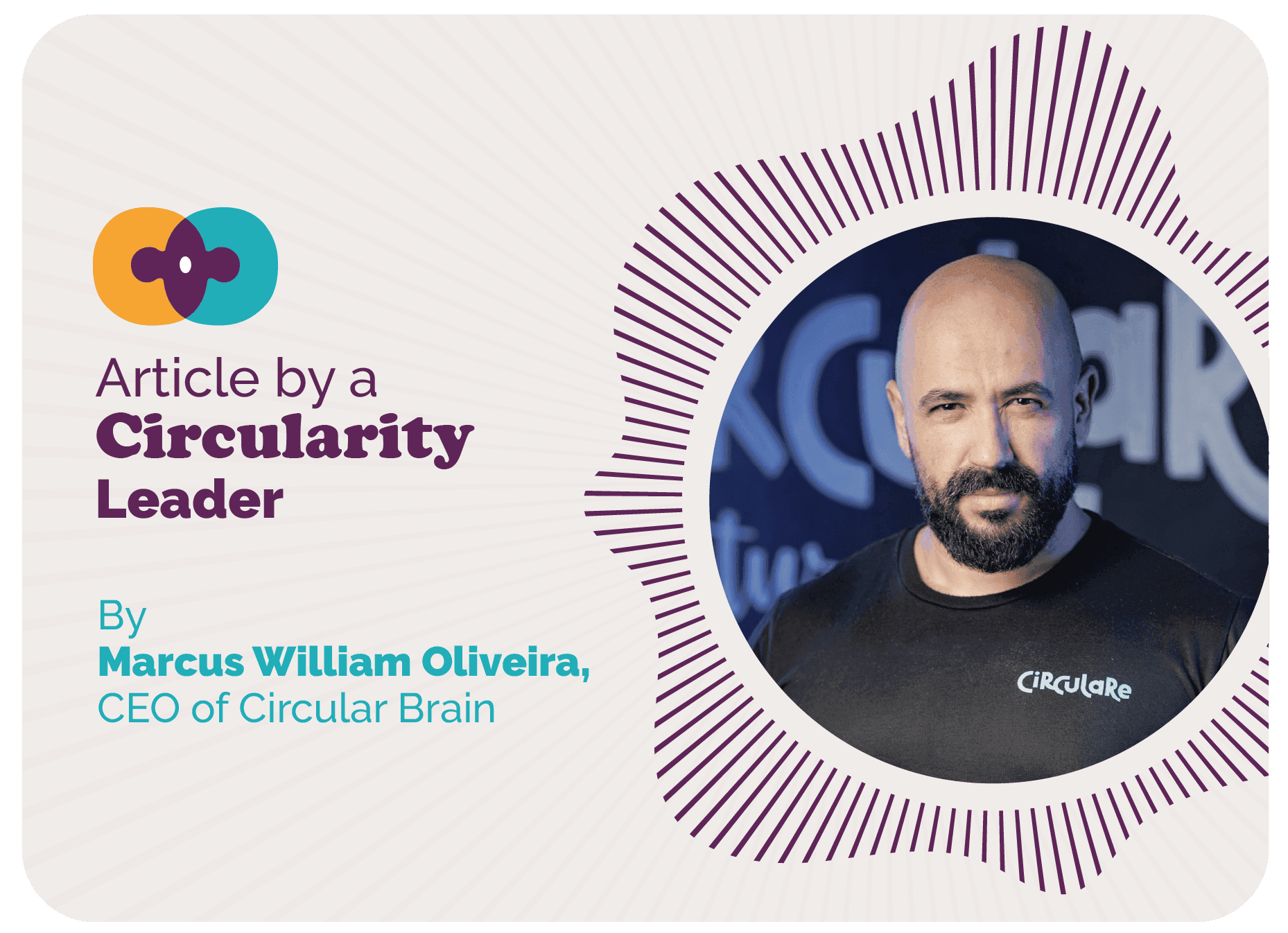
08/07/2022
Do you know what is virtual water?
Have you ever heard of virtual water? We explain!
Virtual water is the water used throughout all the production chains of consumer goods, such as clothing, food, electronics, among others... and we often don't even realize that it is part of this cycle, do we?
Every time you consume something, you are buying, indirectly, all the water that was used to produce it and, together, all the possible social and environmental impacts from this chain.
In doing so, having large losses of food during transportation, for example, directly contributes to the loss of all the water that was used to produce them. Similarly, if consumers waste food in the preparation or in the dish, they also contribute to wasting water.
Just to get an idea of the importance of considering virtual water in the production and consumption processes, 49.8% of the water available in reservoirs in Brazil is destined to irrigation, according to the Irrigation Atlas, developed by the National Water Agency (ANA) in 2021. Did you know this?
It is therefore up to everyone to find ways to avoid this waste. After all, a circular economy is the responsibility of everyone!
Creating more efficient alternatives and processes involves the attitude of companies, public authorities and the population itself. Together we can make a difference!
What is the circular economy?
The Circular Economy proposes a new look at our way of producing, consuming, and disposing, in order to optimize the planet's resources and generate less and less waste. In other words, an alternative model to the Linear Economy - to extract, produce, use and discard - which has proved to be increasingly unsustainable throughout history. In the Circular Economy, the goal is to keep materials in circulation longer by reusing them until nothing becomes waste! For this model to become a reality, we all have a role to play. It is a true collaborative circle, which feeds itself, and helps to regenerate the planet and our relations.
Learn about Circular Economy
If you are interested in learning more about this topic, visit Circular Academy, the first free Latin American course on circular economy aimed at general audiences. All of us, in partnership and collaboration, can make a difference in building a more circular planet.

